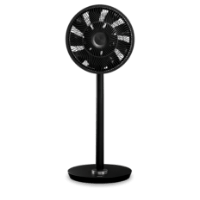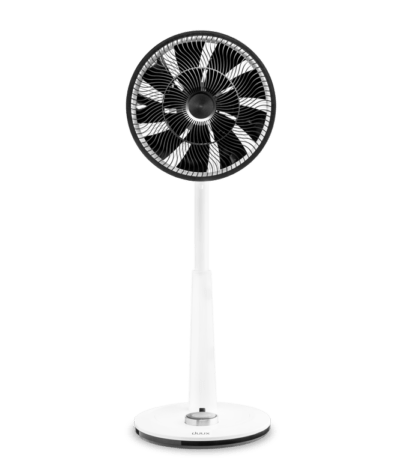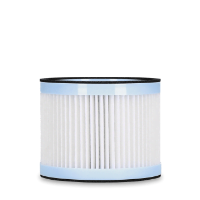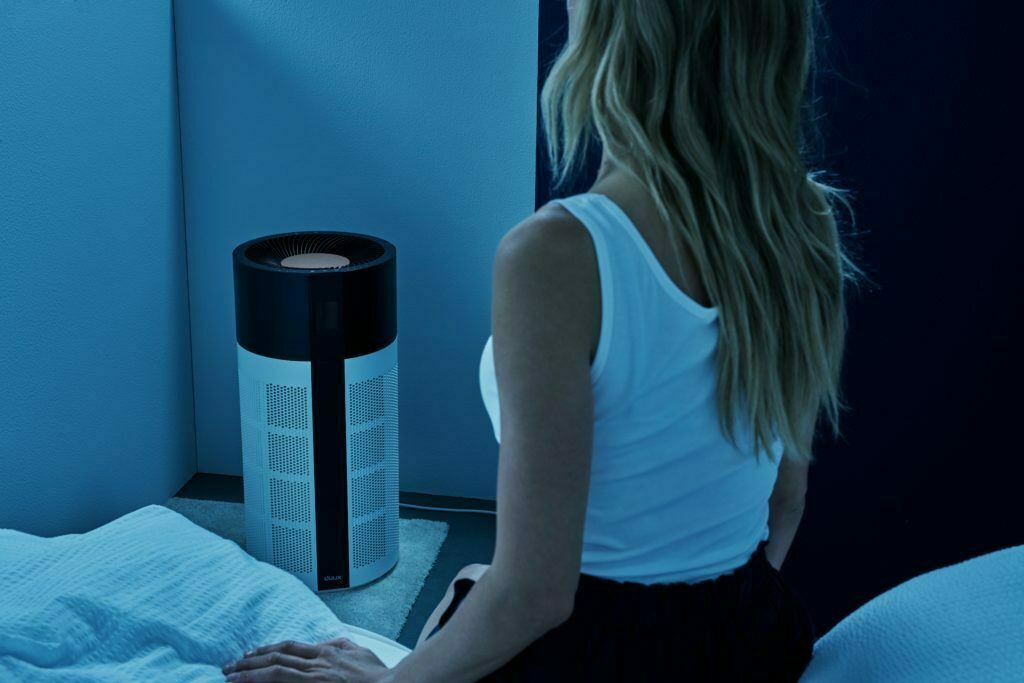Nowhere in Europe are so many children suffering from asthma due to exhaust fumes
In one in five children with asthma in the Netherlands, the disease is related to air pollution from traffic. In no other European country is that number so high. In large cities, exhaust fumes are blamed for even more asthma cases in children.
This is according to research published in the renowned medical journal The Lancet. Nitrogen dioxide (NO2) emissions are the major culprit for children with the lung disease, according to the scientists. That gas gets into the air mainly through the exhausts of diesel cars and trucks.
In the Netherlands, asthma is the most common chronic disease among children. According to the Longfonds, about 100,000 children up to the age of 14 have asthma. "Children are exposed to air pollution day in and day out. The government must do more to protect them from this," stated Longfonds director Michael Rutgers, who today is sounding the alarm together with lung and pediatricians, health care providers and scientists.

Pulmonologist Hans in 't Veld sees the effects of air pollution every day at his surgery. "Nitrogen dioxide is really a silent killer. You don't see it, you don't notice it, but it causes inflammation in the airways. Asthma often develops in childhood. I talk to children who get stuffy when playing sports, children who can't play outside on nice summer days, and children who have such irritable airways that they don't know how to get through the New Year. Clean air can prevent so much suffering."
"Nitrogen dioxide is really an assassin. You don't see it, you don't notice it, but it causes inflammation in the airways."
Pulmonologist Hans in 't Veld
Clean air agreement
State Secretary Stientje van Veldhoven (Infrastructure and Water Management) is working on a Clean Air Agreement, aiming to achieve "fifty percent health gains by 2030 compared to 2016.
Although air pollution has roughly halved since 1990, 11,000 people still die annually in the Netherlands from its effects. On average, Dutch people live nine months shorter because of air pollution, but the differences are great. The number of victims is greatest in large cities, the Randstad, along busy roads and near livestock farms. There, the loss of life can reach eighteen months, while in the cleanest areas of the Netherlands it is "only" four months.

Some 1.2 million Dutch people also struggle with lung disease. "Air pollution also affects the quality of life and has an impact on nature," stated Minister Van Veldhoven early this summer in a letter to the House of Representatives. She pointed out that air pollution is, after smoking, the largest contributor to disease costs in the Netherlands.
The decline in the concentration of nitrogen dioxide in the air has stagnated in recent years. According to the National Institute of Public Health and the Environment (RIVM), the proportion of nitrogen dioxide in exhaust gases is actually increasing due to measures to reduce particulate matter. In addition, it has become busier on Dutch roads.
Call for faster crackdown on big polluters
The Lung Fund, pulmonologists and scientists advocate not placing schools, nurseries and sports fields along highways and tackling the major polluters more quickly. They also point out that the intended health gains can be realized much sooner than 2030 with measures such as lowering the speed limit on highways and introducing road pricing. "Our air simply can and must be cleaner," said Long Fund director Michael Rutgers. "The national government must take the lead in this."
"Our air can and simply must be cleaner. The central government must take the lead in this."
Michael Rutgers of the Lung Fund
The House of Representatives will debate the Clean Air Agreement on Thursday. MPs will be handed a petition today calling for more ambitious measures, signed by the Lung Fund, the Heart Foundation and professional associations of pulmonologists, cardiologists, pediatricians, general practitioners and pulmonary nurses, among others.
They point out that industry, livestock farming and, for example, wood stoves are also major contributors to air pollution. The government cannot solve that problem alone, emphasizes lung specialist In 't Veld. "As consumers, with our cars and wood stoves, we are all air polluters. The good news is that this also makes us part of the solution."
Source: AD.co.uk















